Most people don't like to think about death or what will happen to their body after they die. Truth be told, the thought of anything happening to our bodies posthumously is extremely unpleasant.
Still, the only sure things in life are death and taxes. Knowing what your dying wishes are ahead of time is worth the consideration.
At the very least, you probably want to let someone know whether you'd prefer to be buried, cremated, or donate your body to science.
With that said, some interesting realities about the business of body donation have recently surfaced that might make you change your mind — namely, that donating to science is a business at all.
There is a market for everything, and human bodies are no exception. The largely unregulated human body trade and the body brokers responsible will definitely make you think twice about doing what is considered by many as a final act of selflessness.
[H/T: Reuters]
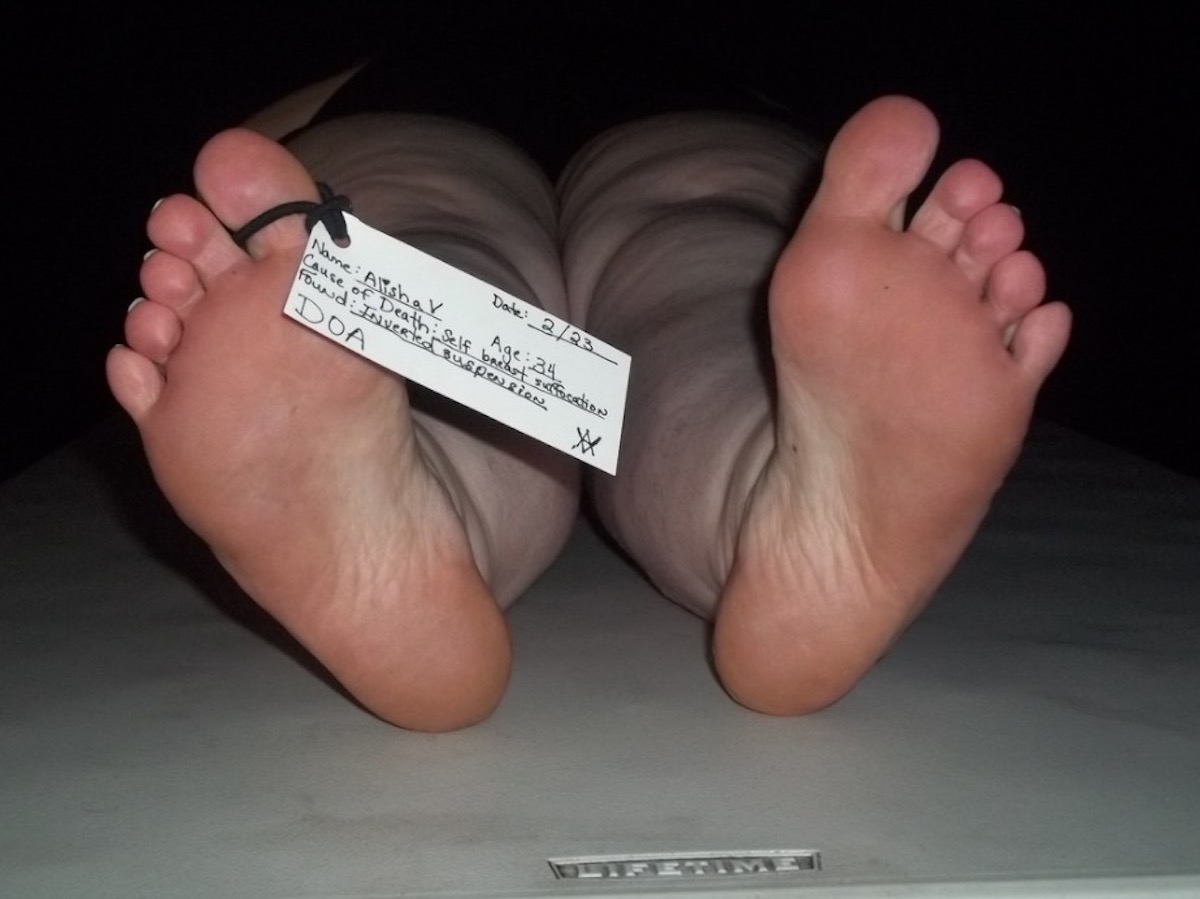
For most people, doing something like donating your body to science and medical research is a noble way to give back even after you're gone.
However, according to Reuters, there is often someone profiting from your donation. These people are known as "body brokers."
In other words, there is a lot of gray area surrounding where or how the bodies donated to science are distributed to medical facilities — or if they are at all.

Unfortunately, one reason people may choose for their family member to be donated to science has everything to do with money.
Many funeral homes will include donation to science as the cheapest option. Often, lower income families who have spent a lot of money on the medical treatment of their loved ones often fall victim to this without understanding what exactly donation entails.
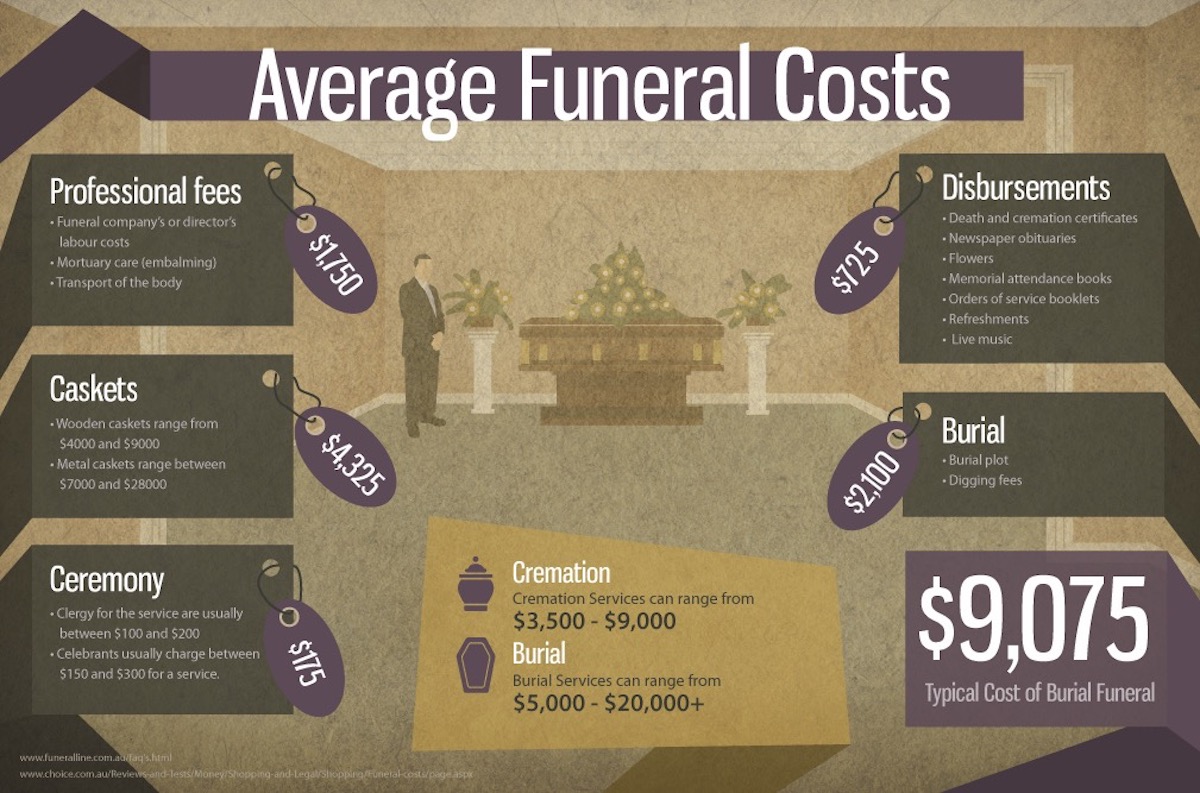
With funerals costing an average of $10,000, it's no surprise that some families have no other option.
On top of that, they probably also think that the donation will help research. It might, but it also might not.
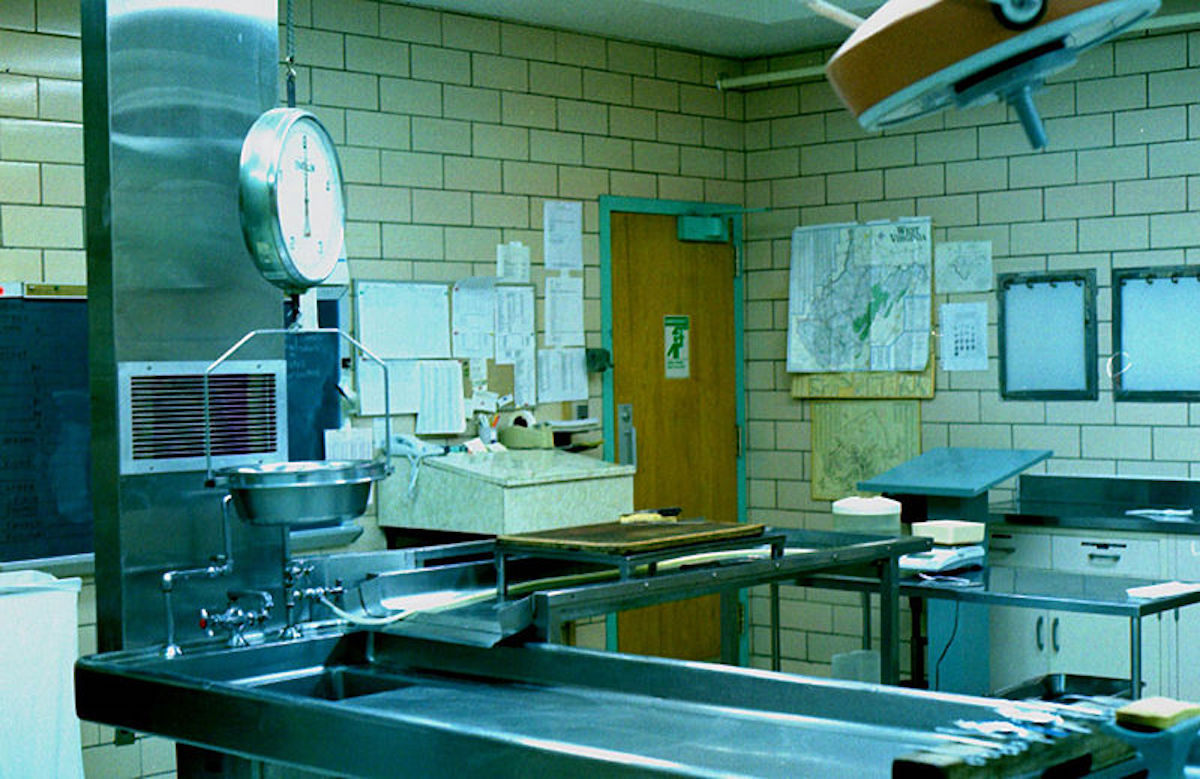
Angela McArthur, director of the body donation program at the University of Minnesota explains, "The current state of affairs is a free-for-all," adding, "I don't think I can state this strongly enough: What they are doing is profiting from the sale of humans."
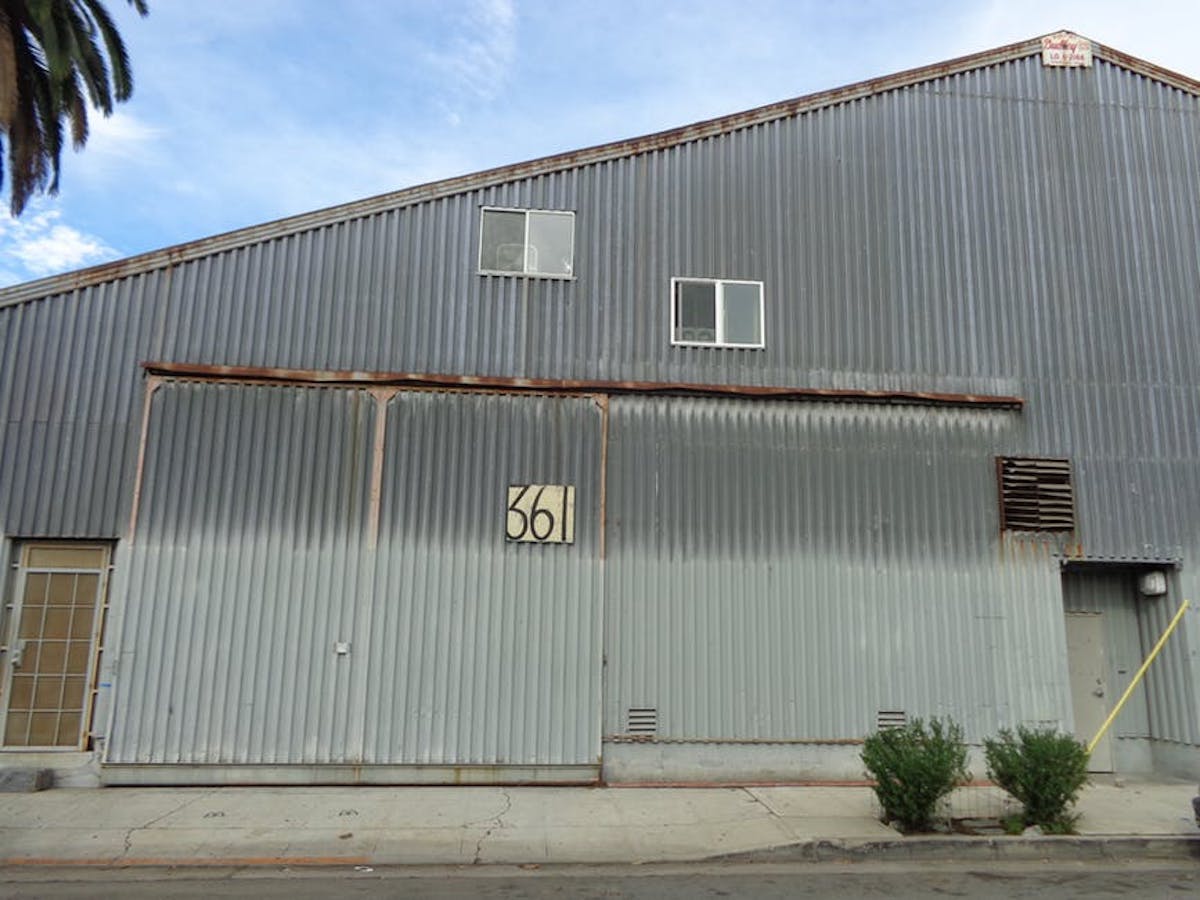
One recent incident highlights just how dire some of these circumstances are.
A body broker firm, known as Southern Nevada Donor Services, has a suburban warehouse where they keep their goods, aka bodies.
In Fall 2015, residents began to complain of a stench and bloody waste material. Their suspicions were confirmed when there was a sighting of a warehouse worker defrosting a human torso outside in broad daylight — using a hose.
The blood and flesh were spraying everywhere. There wasn't a thing about the scene that wasn't terrifying.
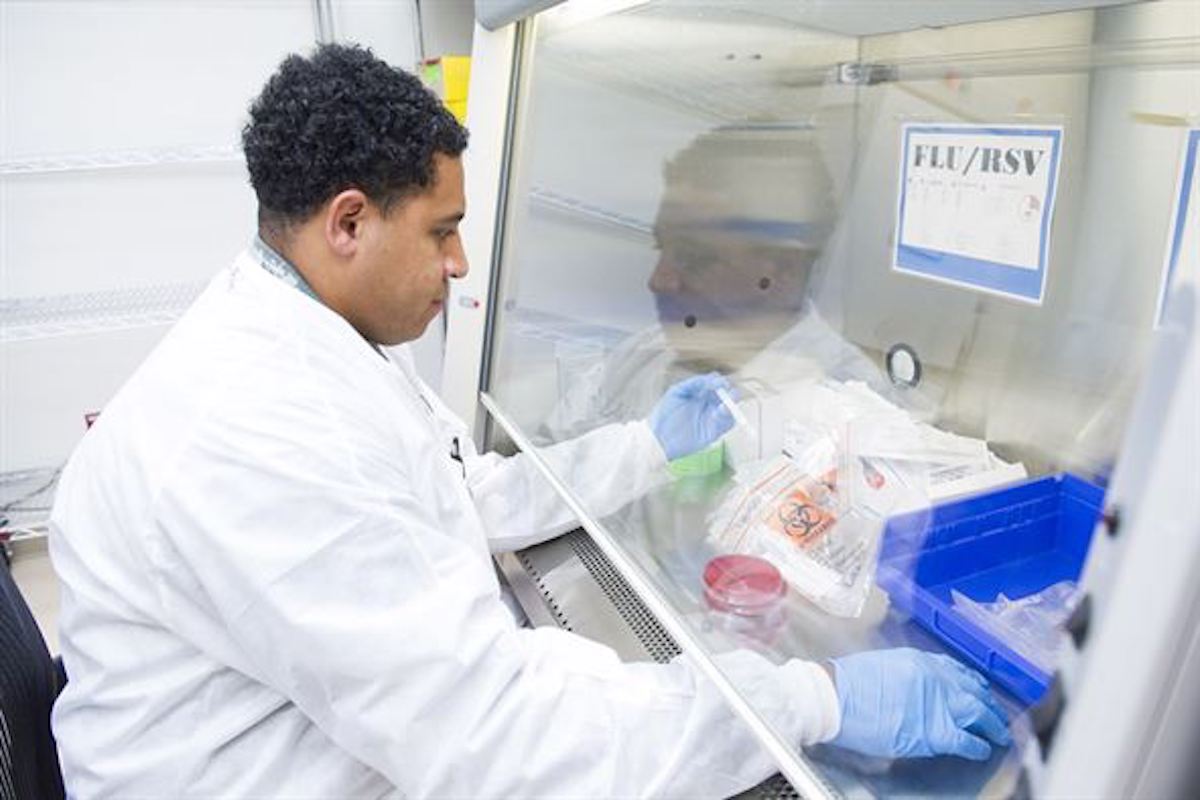
The body, so it goes, was being prepared to be sent to undergo medical research. It also wasn't being sent for free; the medical company would be paying Southern Nevada Donor Services for the donated human body.
Transplant services are highly regulated in the US. But body — or, as they like to call it, tissue — donation is highly anarchic in nature.

Brokers solicit donors online or from funeral homes, then facilitate the body transfers to facilities, where they are tested for diseases and dissected.
From there, the body parts are stored until orders are placed from a company in need of a certain part to say, help develop better scalpels.

The situation is being compared to the grave-robbing era when people would exhume graves to steal bodies or valuables of the deceased.
While body brokers may be a modern version of this, it isn't so different to what we've seen in the past.
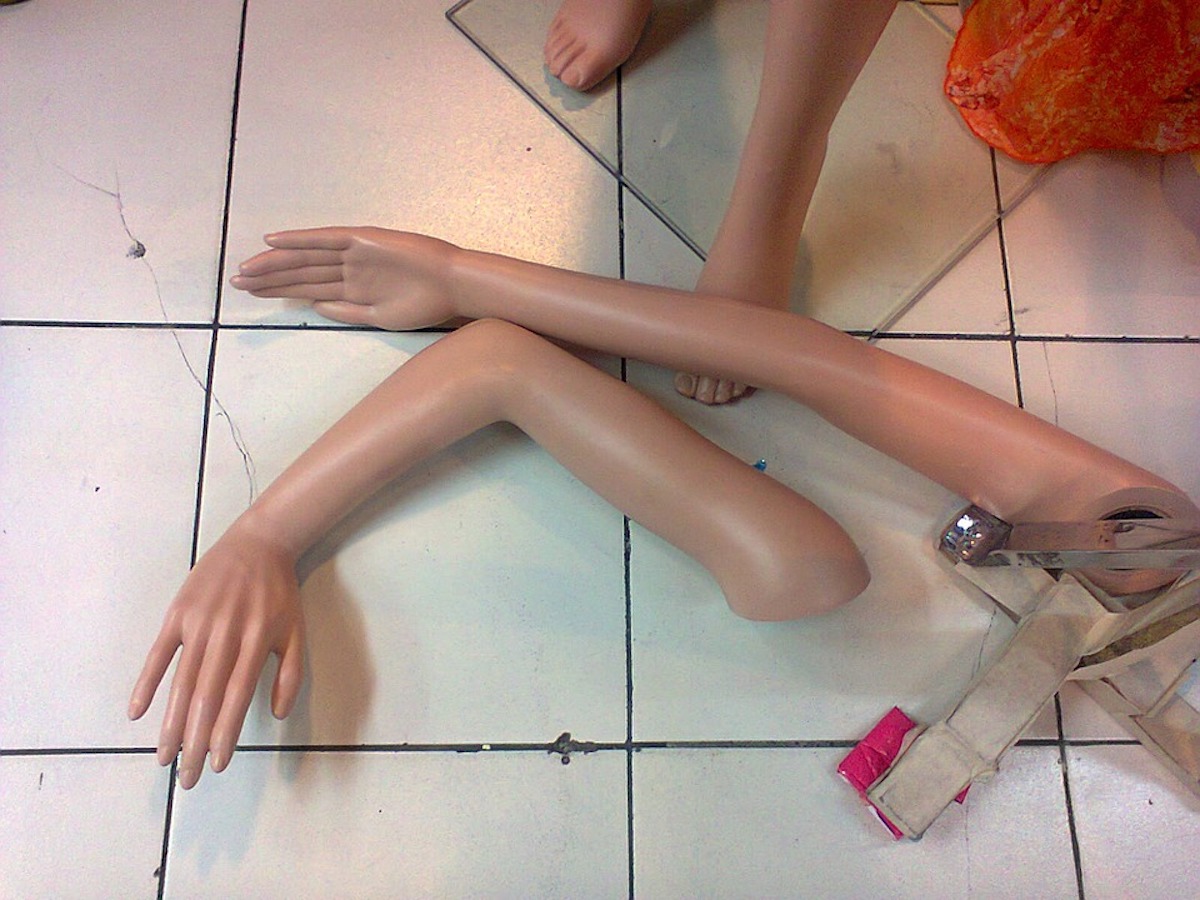
Medical research is certainly necessary to help advance our understanding and, ultimately, our quality of life.
However, it's clear that some of the means by which body parts are obtained aren't exactly ethical.
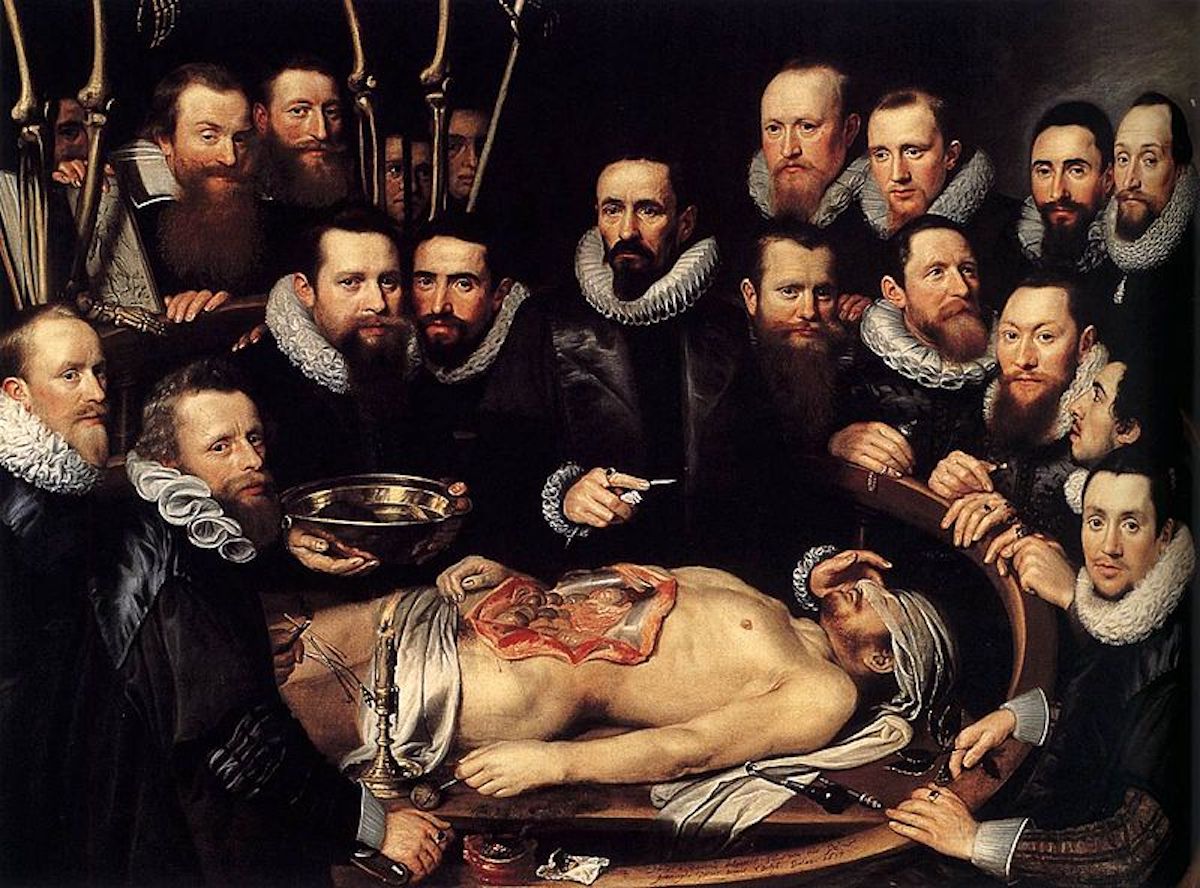
Be sure to SHARE this story with your friends and loved ones!




